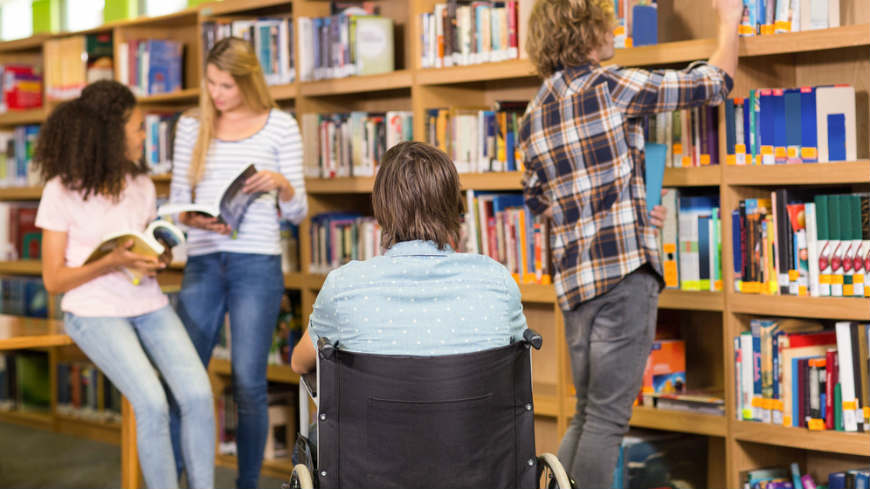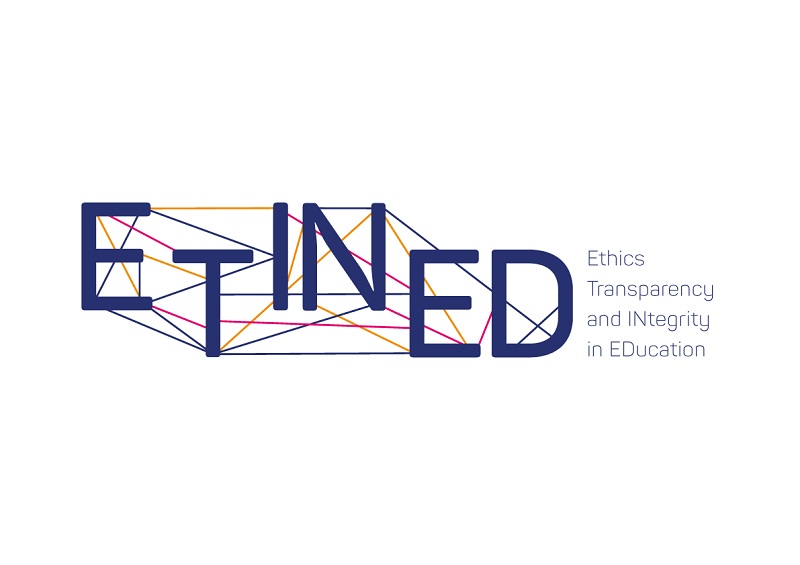On Friday, 8 December 2017, a conference “Strengthening a culture of academic integrity: challenges and solutions” will take place at the Hotel Moskva in Belgrade. The event is part of the action to Strengthen integrity and combat corruption in higher education implemented under the European Union and Council of Europe joint programme “Horizontal Facility for Western Balkans and Turkey”.
The conference will aim to offer practical and useful insights, ideas and potential solutions to challenges not only in the domain of academic integrity in Serbia but also with the issues of ethics and transparency in higher education. Participants will discuss policies and tools needed to improve academic integrity at the institutional level but will also tackle the issues and challenges affecting the students in relation to this and explore which mechanisms, tools and resources are needed for the implementation of desired visions that will result in a sustainable change.
The conference will be attended by around 120 participants including the Ministry of Education, Science and Technological Development, the National Council for Higher Education, the Commission for Accreditation and Quality Assurance, the Conference of Universities of Serbia, the Anti-Corruption Agency, the Committee on Education, Science, Technological Development and Information Society of the Parliament of Serbia, student associations, public and private universities and faculties, colleges of applied sciences, civil society organisations and other relevant partners. A high-level delegation from the higher education sector from Montenegro will also attend the Conference.
Speakers at the opening session will include Mr Mladen Šarčević, the Minister of Education, Science and Technological Development (invited), Mr Nicolas Bizel, Head of Operations at the EU Delegation to Serbia; Ms Irina Sahakyan Vetter, Deputy Head of Office, Council of Europe, Ms Vesna Atanasova, Programme Manager, Education Department, Council of Europe, Strasbourg.
The conference will start at 10:30 on Friday, 8 December 2017, at the Moskva Hotel in Belgrade. Serbian and English simultaneous interpretation will be provided.
Press statements are not envisaged.
Contact for media registrations and inquiries: Kristijan Rajković mobile 063/639-281,




